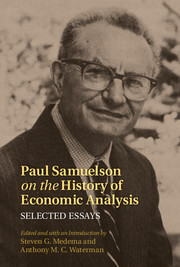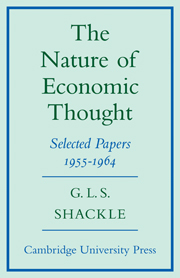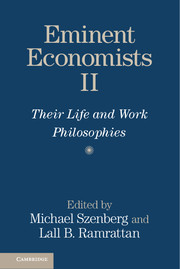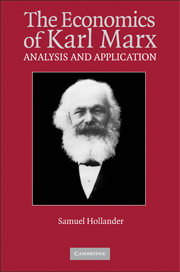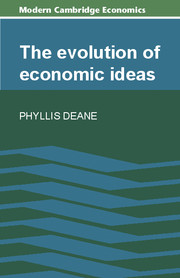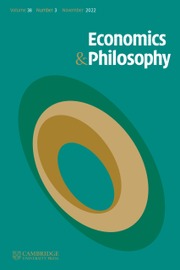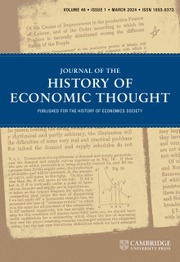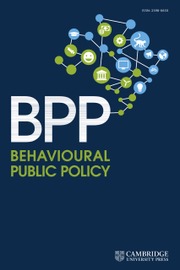Paul Samuelson on the History of Economic Analysis
As one of the most famous economists of the twentieth century, Paul Anthony Samuelson revolutionized many branches of economic theory. As a diligent student of his predecessors, he reconstructed their economic analyses in the mathematical idiom he pioneered. Out of Samuelson's more than eighty articles, essays, and memoirs, the editors of this collection have selected seventeen. Twelve are mathematical reconstructions of some of the most famous work in the history of economic thought – work by David Hume, François Quesnay, Adam Smith, Karl Marx, and others. One is a methodological essay defending the Whig history that he was sometimes accused of promulgating; two deal with the achievements of Joseph Schumpeter and Denis Robertson; and two review theoretical developments of his own time: Keynesian economics and monopolistic competition. The collection provides readers with a sense of the depth and breadth of Samuelson's contributions to the study of the history of economics.
- A highly convenient compendium of Samuelson's work in the history of economic thought, otherwise available only widely scattered among the seven volumes of Samuelson's Collected Scientific Papers
- Detailed interpretative introduction by the editors appraising Samuelson's controversial place as historian of economic thought
- Essays on Hume, Quesnay, Thünen and Marx, the most profound and searching analyses of the contributions of these authors to economic theory
Reviews & endorsements
'This book’s editors begin with the observation that ‘perhaps 20 percent’ of Paul Samuelson’s scholarly publications ‘are clearly identifiable as studies of the history of economic thought’ (HET). As a tribute to this intellectual bequest, they have, with Samuelson’s animated collaboration, republished 17 of his HET papers and provided an exhaustive bibliography.' William Coleman, Economic Record
Product details
October 2014Adobe eBook Reader
9781316056233
0 pages
0kg
This ISBN is for an eBook version which is distributed on our behalf by a third party.
Table of Contents
- 1. Introduction
- 2. Out of the closet: a program for the Whig history of economic science
- 3. A corrected version of Hume's equilibrating mechanism for international trade
- 4. Quesnay's tableau économique as a theorist would formulate it today
- 5. The canonical classical model of political economy
- 6. A modern theorist's vindication of Adam Smith
- 7. A modern treatment of the Ricardian economy: the pricing of goods and of labor and land services
- 8. A modern treatment of the Ricardian economy: capital and interest aspects of the pricing problem
- 9. Mathematical vindication of Ricardo on machinery
- 10. Thünen at two hundred
- 11. Wages and interest: a modern dissection of Marxian economic models
- 12. Marx as mathematical economist: steady-state and exponential growth equilibrium
- 13. What classical and neoclassical monetary theory really was
- 14. A modern postmortem on Böhm's capital theory: its vital normative flaw shared by pre-Sraffian mainstream capital theory
- 15. Schumpeter as economic theorist
- 16. D. A. Robertson (1890–1963)
- 17. Lord Keynes and the general theory
- 18. The monopolistic competition revolution.

